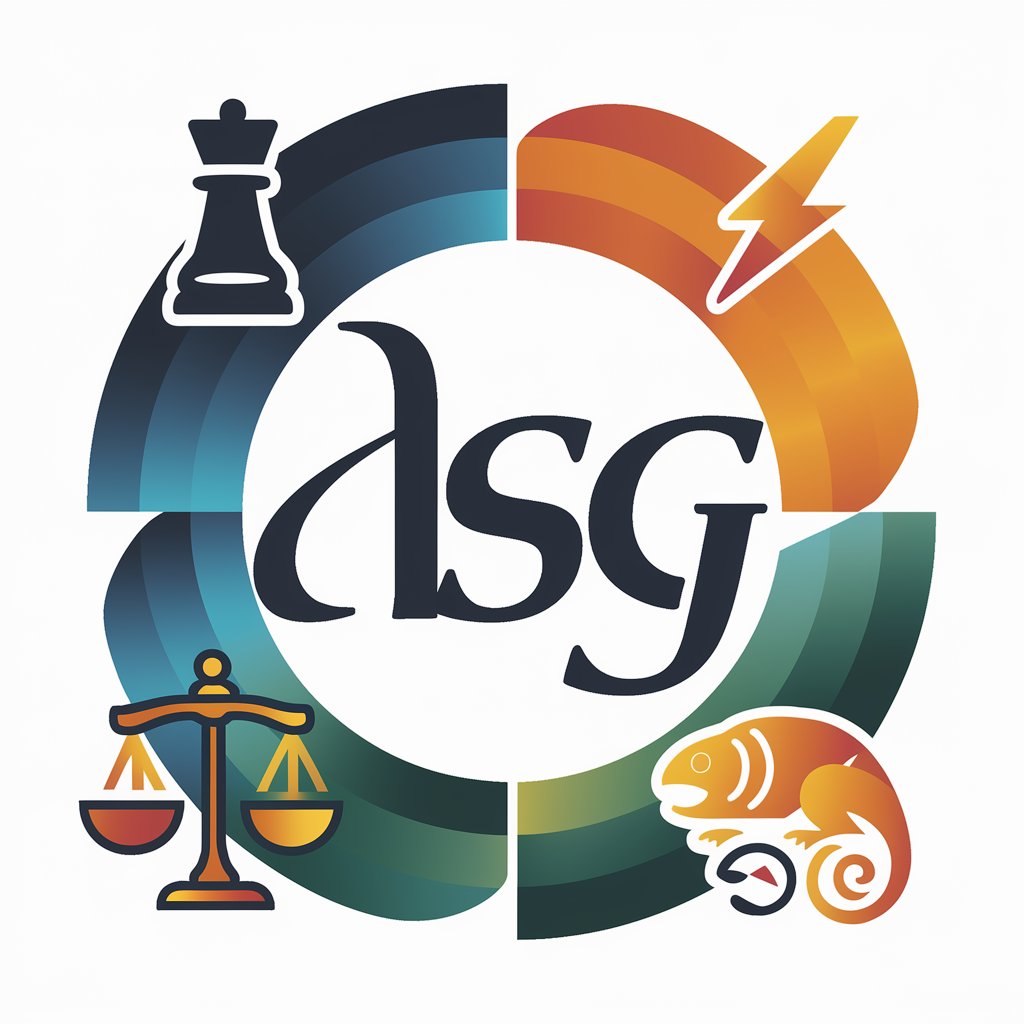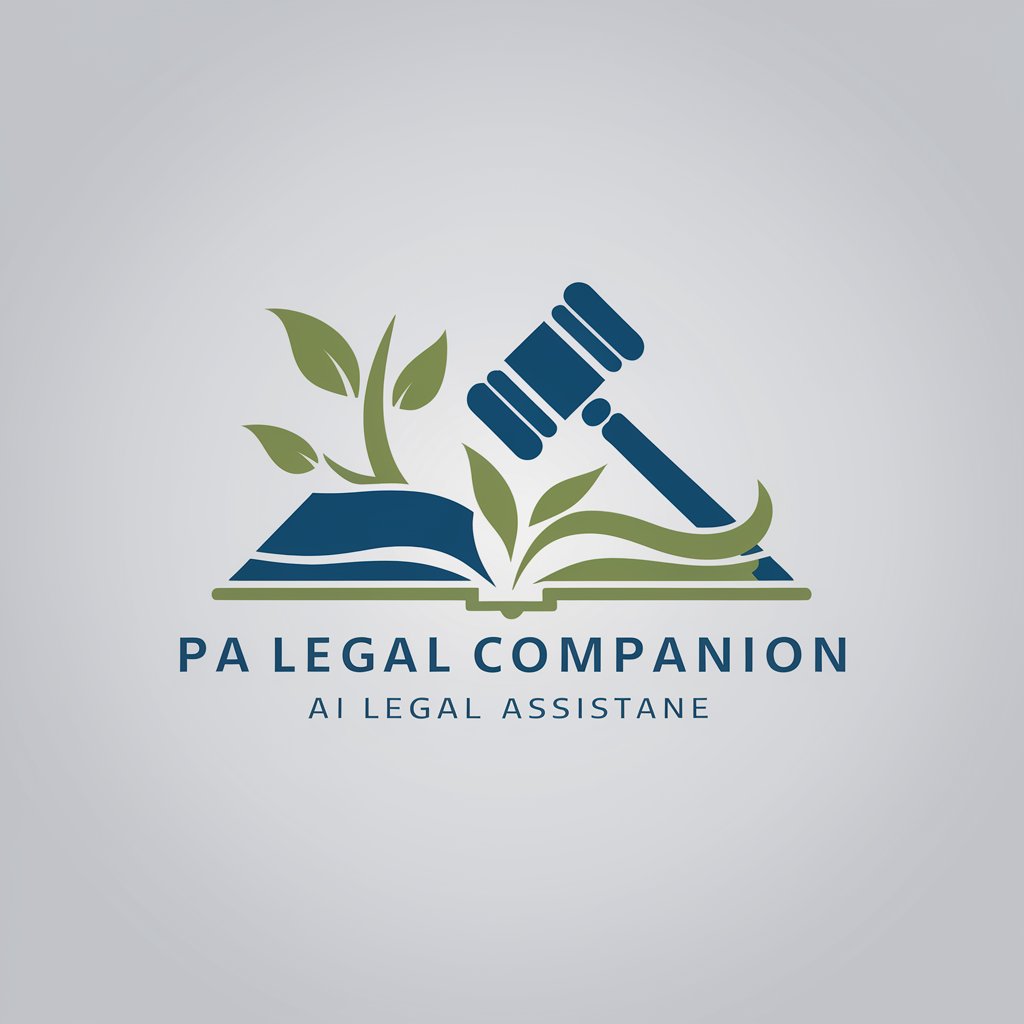
Class Action - Class Action Insights
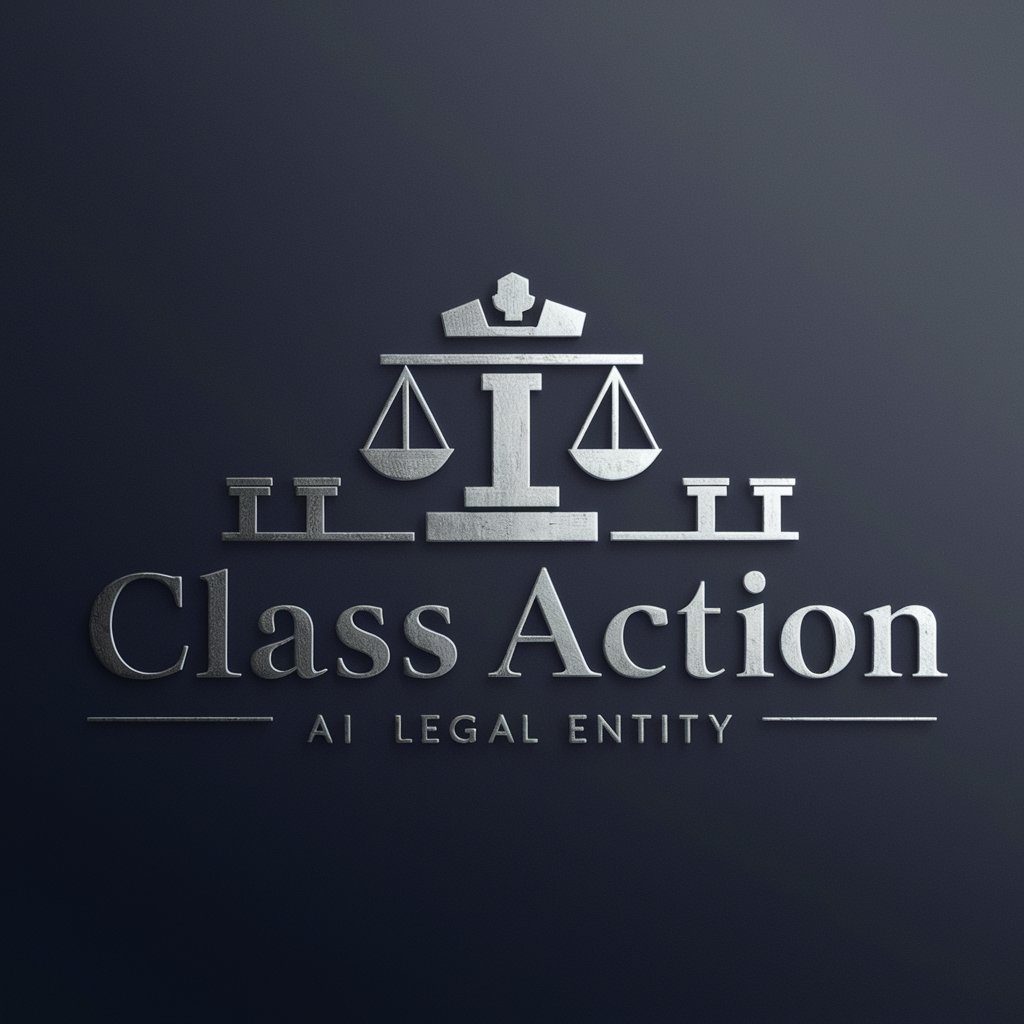
Welcome! Let's explore the intricacies of class actions together.
Decoding Class Actions with AI
Explain the benefits and drawbacks of class action lawsuits.
Describe the process of certifying a class in a class action lawsuit.
What are the common challenges faced during class action litigation?
How do class action settlements work and what factors influence them?
Get Embed Code
Overview of Class Action
Class Action, as a specialized GPT, is designed to provide comprehensive insights into class actions within legal proceedings. Its primary objective is to elucidate the concept, advantages, challenges, and the procedural framework of class actions. Class actions are legal procedures that allow one or several plaintiffs to file and prosecute a lawsuit on behalf of a larger group, or 'class', who share common legal rights and grievances against the same defendant(s). This mechanism is particularly significant in providing access to justice for individuals whose claims are too small to pursue individually. By aggregating similar claims, class actions ensure that legal redress is economically viable and efficient, preventing the legal system from being overwhelmed by multiple, similar lawsuits. For example, a class action might be initiated by consumers who have been adversely affected by misleading advertising practices, shareholders who suffered losses due to corporate misconduct, or employees subjected to discriminatory workplace policies. Powered by ChatGPT-4o。

Functions and Applications of Class Action
Educational Resource
Example
Explaining the criteria for class certification, such as commonality, adequacy, numerosity, and typicality.
Scenario
A law student researching the prerequisites for a class action lawsuit finds detailed explanations and case law examples that illuminate the certification process.
Legal Insight
Example
Analysis of landmark class action cases and their implications on future litigation.
Scenario
Legal professionals exploring the ramifications of a recent Supreme Court decision on class action practices can access in-depth discussions on how the ruling modifies the landscape of class litigation.
Procedural Guidance
Example
Outlining the steps involved in filing a class action lawsuit, from identifying a lead plaintiff to settlement or trial.
Scenario
Potential plaintiffs considering a class action for a consumer fraud case receive a step-by-step guide on the process, including the importance of finding a representative plaintiff and the criteria for court approval of the lawsuit.
Target Users of Class Action Services
Legal Professionals
Attorneys, paralegals, and legal scholars seeking detailed knowledge about class action lawsuits, procedural intricacies, and strategic insights. These users benefit from Class Action's in-depth analysis and case studies, which can aid in litigation preparation and academic research.
Law Students
Students pursuing legal studies who require a comprehensive understanding of class actions as part of their curriculum. Class Action offers accessible explanations, examples, and discussions on key concepts, facilitating a deeper grasp of class litigation mechanisms.
Potential Plaintiffs
Individuals or entities contemplating initiation of a class action lawsuit. They benefit from Class Action's guidance on the procedural aspects, potential challenges, and strategic considerations of class litigation, enabling informed decision-making about pursuing legal action.

How to Use Class Action
Start Your Trial
Begin by visiting yeschat.ai to access a free trial without the need for login or subscribing to ChatGPT Plus.
Identify Your Needs
Determine the specific aspects of class actions you need assistance with, such as understanding legal principles, drafting documents, or analyzing case studies.
Explore Features
Familiarize yourself with Class Action's features, including its ability to provide detailed legal insights, case analyses, and procedural guidance.
Engage with the Tool
Use the tool to ask specific questions related to class actions, utilize its guidance for academic writing, or explore hypothetical scenarios for a deeper understanding.
Review and Refine
Evaluate the information and insights provided, and if necessary, refine your queries for more precise or comprehensive responses.
Try other advanced and practical GPTs
Class Action Lawyer GPT
AI-Powered Class Action Case Analysis
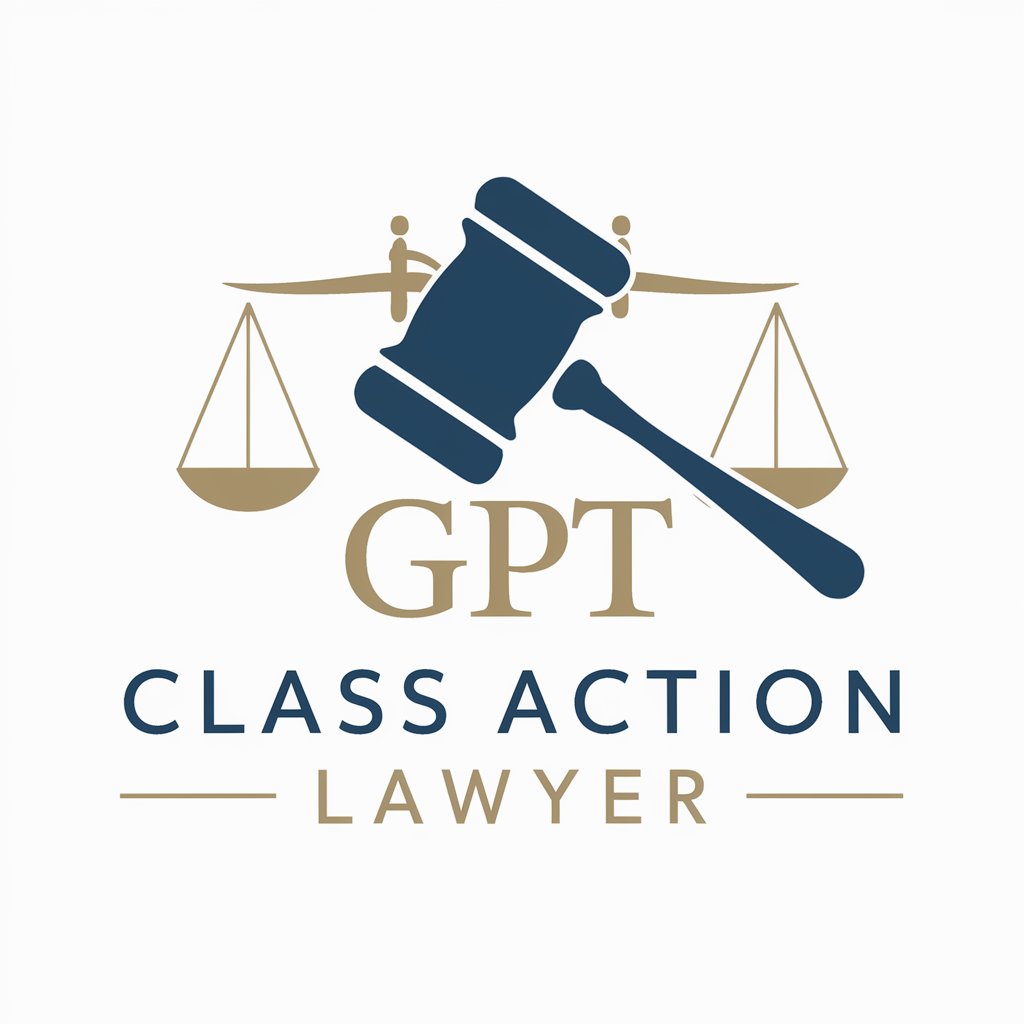
授業SA_人工知能応用論
Empowering learning with AI assistance

Storytelling
Empowering Narratives with AI
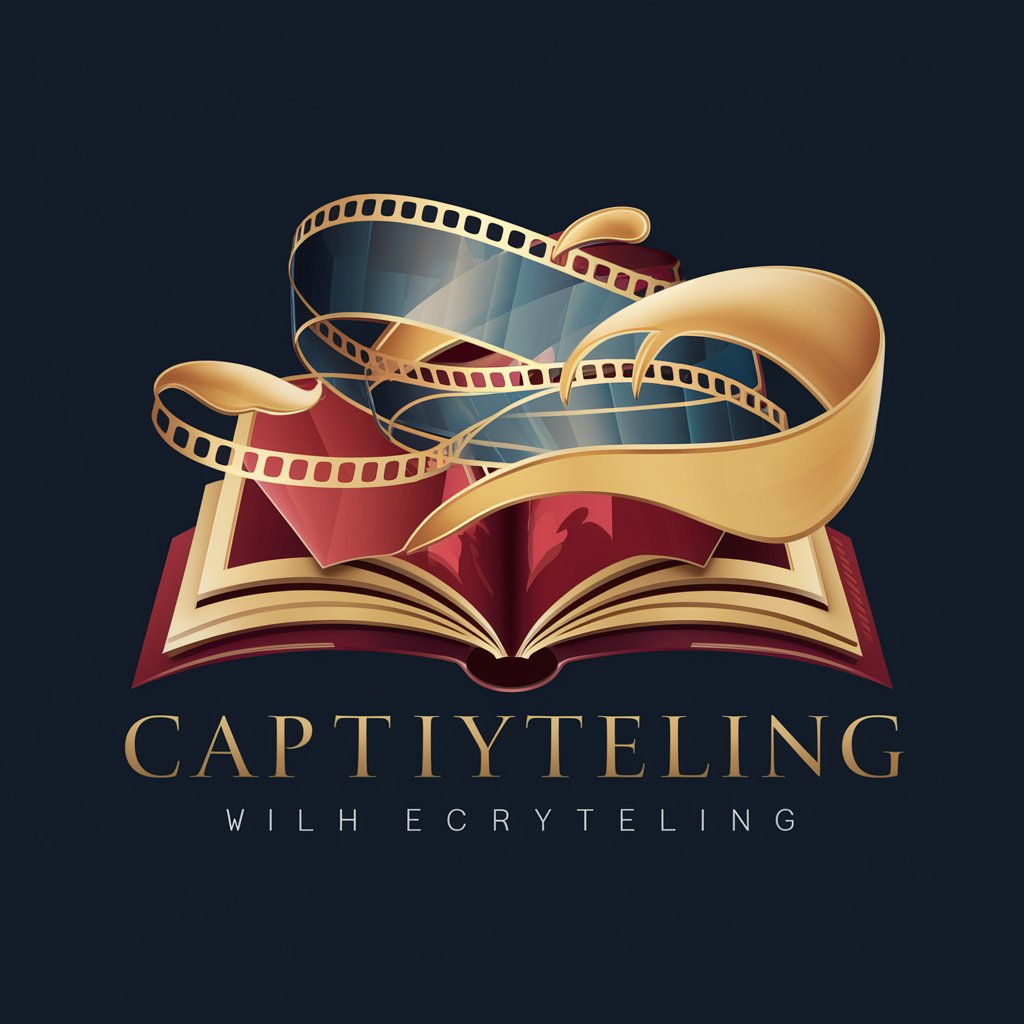
Movie Tickets
Your AI-powered cinema concierge

Movie Trailer
Discover the buzz behind the screens.

The Film Professor
Deep cinematic insights at your fingertips.

Digital Architecture Genius
Architecting Digital Solutions with AI

Psycho
Empowering Emotional and Relationship Insights
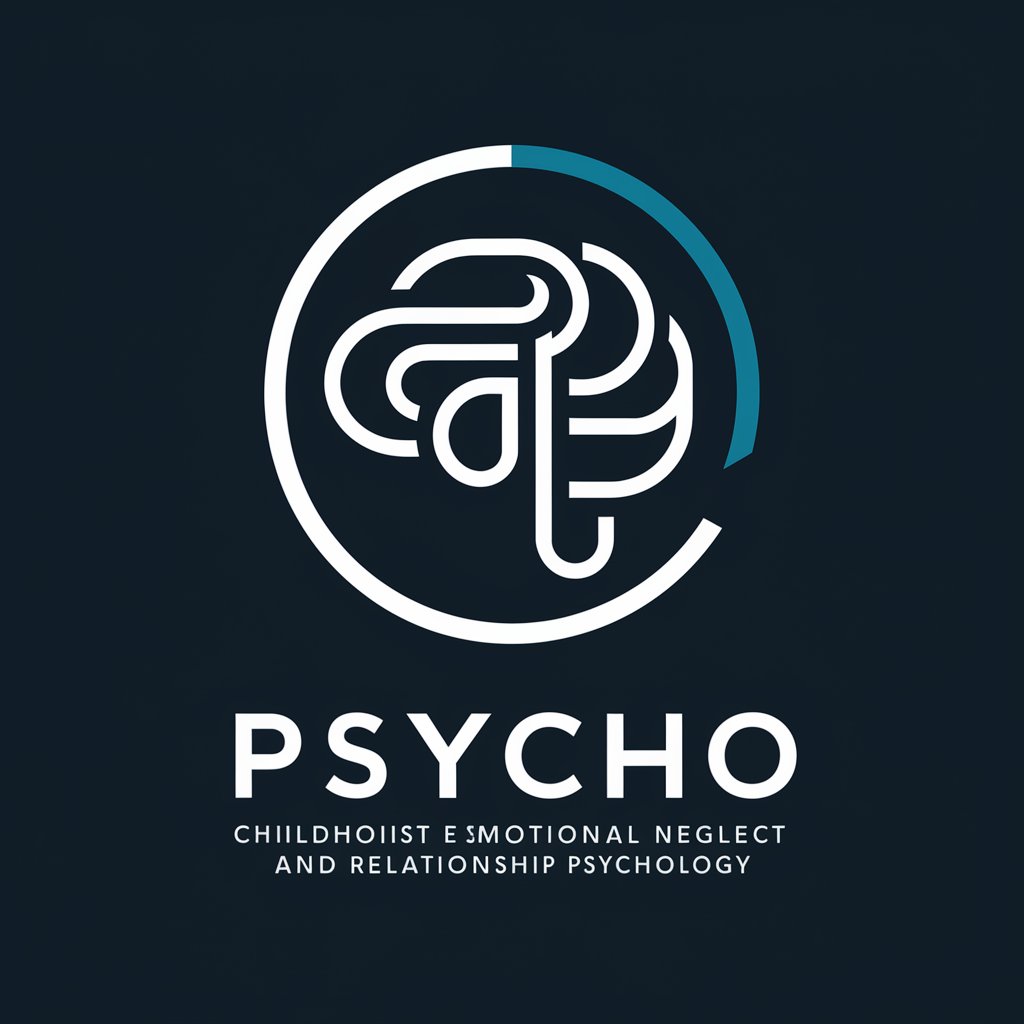
Brand Story GPT
Craft Your Brand's Story, Empowered by AI
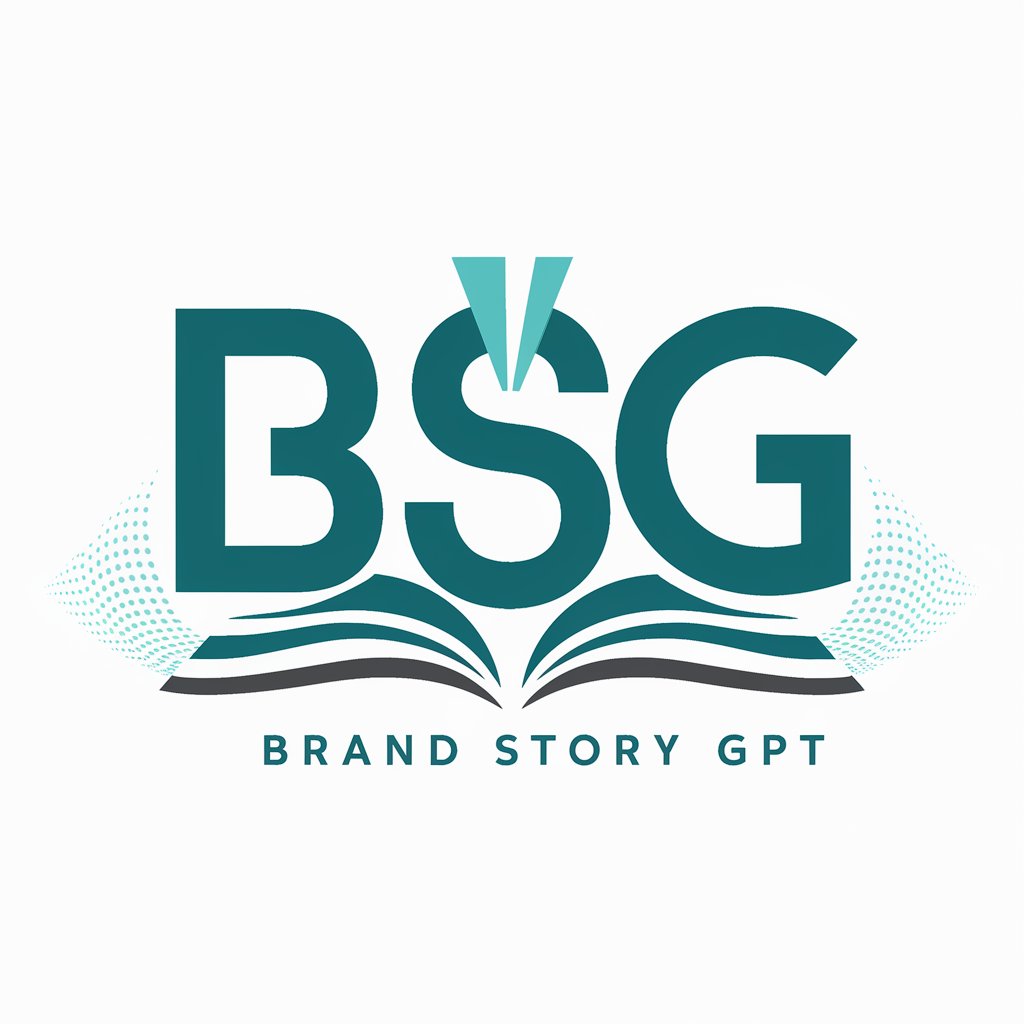
Seeds
Cultivating growth with AI-driven insights

Garden Seeds
Cultivate your garden with AI-powered precision

Vegetable Seeds
AI-Powered Gardening Guidance

Class Action Q&A
What is Class Action designed to do?
Class Action is designed to provide educational and informational content on class actions in legal proceedings. It offers insights into legal principles, advantages, and challenges of class actions, and supports academic and professional exploration of this area without offering legal advice.
Can Class Action help draft legal documents for class action lawsuits?
While Class Action can provide guidance on the structure and content of documents related to class action lawsuits, it is not a substitute for professional legal advice or document drafting services. It can, however, offer valuable insights and examples for educational purposes.
How can students benefit from using Class Action?
Students can use Class Action to understand complex legal concepts, prepare for exams, write academic papers, and conduct research on class action cases by leveraging its comprehensive database of legal principles and case studies.
Is Class Action useful for legal professionals?
Yes, legal professionals can use Class Action to stay informed about recent developments in class action law, explore legal analyses, and gain insights into procedural strategies, although it should complement, not replace, traditional legal research methods.
Can Class Action provide real-time updates on class action lawsuits?
Class Action focuses on providing in-depth legal insights and educational content rather than real-time updates on ongoing class action lawsuits. For current cases and updates, users should consult dedicated legal news sources.


